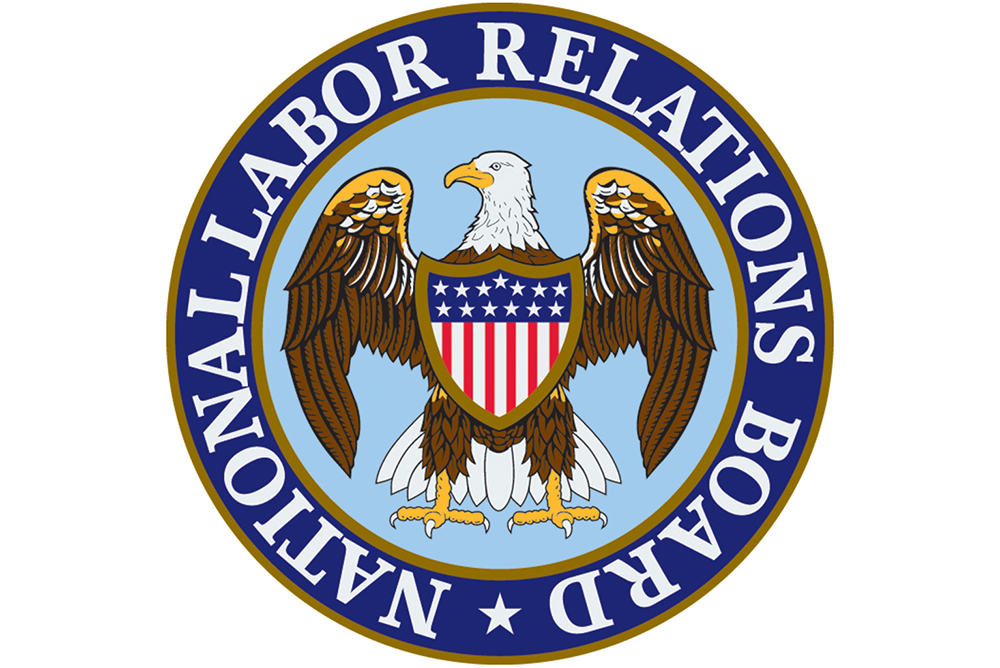President Joe Biden’s nominee for a seat on the National Labor Relations Board (NLRB) may find herself in a position similar to the experience of a Republican Board member in 2017.
Gwynne A. Wilcox, who represents union and workers’ rights interests as a partner at the Manhattan law firm Levy Ratner, was nominated by Biden on May 26. To take a seat on the NLRB, she will have to be confirmed by the Senate.
One of Wilcox’s most prominent cases involved joint employment, a high-interest topic for franchisors and their franchisees. She was a key figure in a high-profile case involving fast-food giant McDonald’s and its franchisees. She argued McDonald’s Corp. should be considered a joint employer with its franchisees who were accused of unfair labor practices.
The case dragged on for years before settling in 2019. The NLRB eventually took up rulemaking to decide when employers should be considered joint employers, but the issue is likely to come up again.
When the NLRB decided an earlier joint-employment case, controversy ensued that led the Board to toss out its employer-friendly decision on the issue. It also undertook a review of its own ethics procedures.
Republican NLRB member William J. Emanuel’s participation in the Hy-Brand case was called into question because his former law firm, Littler Mendelson, represented management in the 2015 Browning-Ferris case, which was the Obama-era case that set an employee-friendly definition of joint employment.
That definition was overturned when the Trump-era NLRB decided Hy-Brand, which returned to a more employer-friendly definition of joint employment. The Board ended up tossing out its Hy-Brand decision after members of Congress and others said Emanuel should not have participated in the case and instead should have recused himself because of his former firm’s involvement.
More Turmoil Predicted
Wilcox’s nomination to the NLRB “all but guarantees that the turmoil at the Board will continue and expand,” Burton J. Fishman, an attorney with FortneyScott in Washington, D.C. says.
“Since its inception, Board members have been selected from prior jobs where they have represented management or labor,” Fishman says. “All NLRB members have long careers identified with either labor or management, and all are associated with pro-union or pro-management positions.”
Before the Emanuel controversy, an NLRB member’s previous work wasn’t seen as a basis for recusal unless the member had direct involvement in a specific matter before the Board, Fishman says.
“Usually, recusal was deemed appropriate only when a member had participated in a ‘specific matter’ and not a general ‘issue,’” Fishman says, adding Emanuel insisted he had no role in his firm’s work in the case that led to the Board’s Hy-Brand decision.
“A subsequent and unprecedented inspector general report concluded that Emanuel should have recused himself,” Fishman says. “This, in turn, led to a revision of the recusal standards, leaving the decision largely in the hands of the member and Board chair. In these turbulent times, ethical issues have been politicized and ‘weaponized.’”
Fishman expects Wilcox, if confirmed for the NLRB seat, will face calls to recuse herself on joint-employment matters. “She proudly embraces her personal role in litigating the McDonald’s case, a still festering joint-employer matter,” he says.
“Demands for her recusal not only from this specific case and its progeny but from all joint-employer cases are anticipated, especially if ‘issue recusal’ rather than ‘specific matter recusal’ is now the standard,” Fishman says.
Tammy Binford writes and edits news alerts and newsletter articles on labor and employment law topics for BLR web and print publications.

